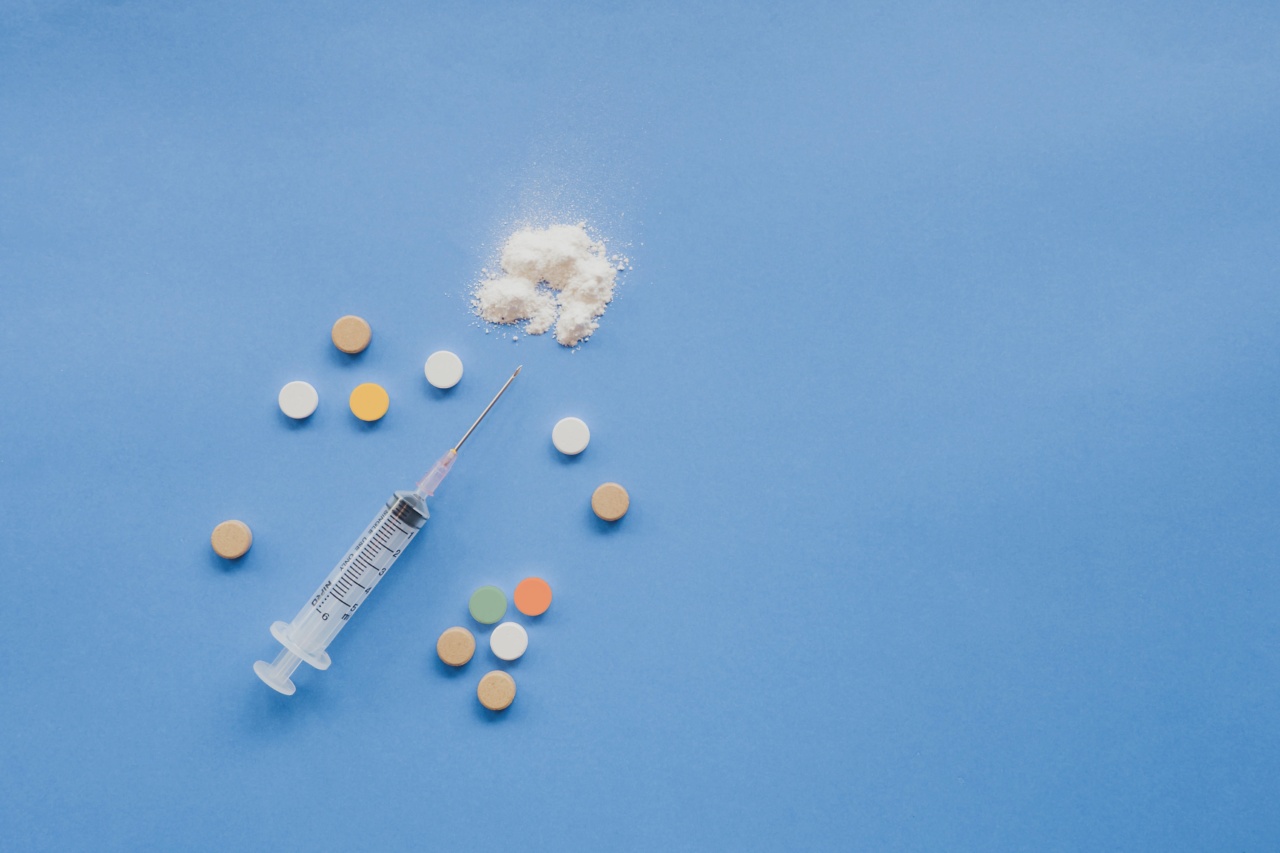Antibiotics are a class of drugs that are used to treat bacterial infections. They work by killing or stopping the growth of the bacteria that are causing the infection.
While antibiotics are powerful drugs that can save lives, they must be used carefully. One of the most common mistakes people make with antibiotics is stopping treatment too soon.
What Happens When Antibiotic Treatment is Interrupted?
Antibiotics are designed to be taken for a specific amount of time. This is because the bacteria causing an infection can mutate and develop resistance to the antibiotics over time.
If treatment is interrupted, the bacteria may not be completely eradicated, and they can develop resistance to the antibiotics that were used. This can make it difficult to treat the infection in the future, as the bacteria have become resistant to the medication that was previously effective. This is known as antibiotic resistance, and it can be dangerous.
What are the Risks of Antibiotic Resistance?
Antibiotic resistance is a serious problem that can lead to prolonged illness, disability, and even death. When antibiotics are no longer effective, infections can spread and become much more difficult to treat.
This can result in longer hospital stays, more aggressive treatment with stronger drugs, and higher healthcare costs. The overuse and misuse of antibiotics, including improperly interrupting treatment, is one of the leading causes of antibiotic resistance.
How Long Should I Take Antibiotics?
The length of time that antibiotics need to be taken depends on the type of infection and the antibiotic being used. In most cases, antibiotics should be taken for the full course prescribed by your healthcare provider.
This can range from a few days to several weeks, depending on the severity of the infection and the type of antibiotic used.
It is important to follow the instructions provided by your healthcare provider and take the medication exactly as prescribed.
Even if you feel better after a few days of taking the antibiotic, it is important to continue taking the medication for the full course prescribed. This ensures that the bacteria causing the infection are completely eradicated, reducing the risk of antibiotic resistance.
What Should I Do if I Forget to Take a Dose?
If you forget to take a dose of your antibiotics, it is important to take it as soon as possible. If it is almost time for your next dose, skip the missed dose and continue with your regular dosing schedule.
Do not double up on doses to make up for a missed dose.
What Should I Do if I Experience Side Effects?
Like all medications, antibiotics can cause side effects. Common side effects include nausea, vomiting, diarrhea, and stomach pain.
If you experience severe side effects or an allergic reaction, such as difficulty breathing or swelling of the face, lips, tongue, or throat, seek medical attention immediately. Your healthcare provider may need to adjust your medication or prescribe a different antibiotic.
How Can I Help Prevent Antibiotic Resistance?
Preventing antibiotic resistance involves using antibiotics carefully and only when necessary. It is important to follow the instructions provided by your healthcare provider and take antibiotics exactly as prescribed.
Do not take antibiotics that have been prescribed for someone else, and do not save antibiotics for future use.
If you have a viral infection, such as a cold or the flu, antibiotics will not be effective. In fact, taking antibiotics for a viral infection can increase the risk of developing antibiotic resistance.
If you are unsure whether you have a bacterial or viral infection, speak with your healthcare provider.
Practicing good hygiene can also help prevent the spread of infections and reduce the need for antibiotics.
This includes washing your hands regularly, covering your mouth and nose when coughing or sneezing, and avoiding close contact with people who are sick.
Conclusion
Antibiotics are powerful drugs that can save lives, but they must be used carefully. Interrupting antibiotic treatment early can lead to antibiotic resistance, which can be dangerous and difficult to treat.
To prevent antibiotic resistance, it is important to take antibiotics exactly as prescribed and only when necessary. Practicing good hygiene can also help prevent the spread of infections and reduce the need for antibiotics.































